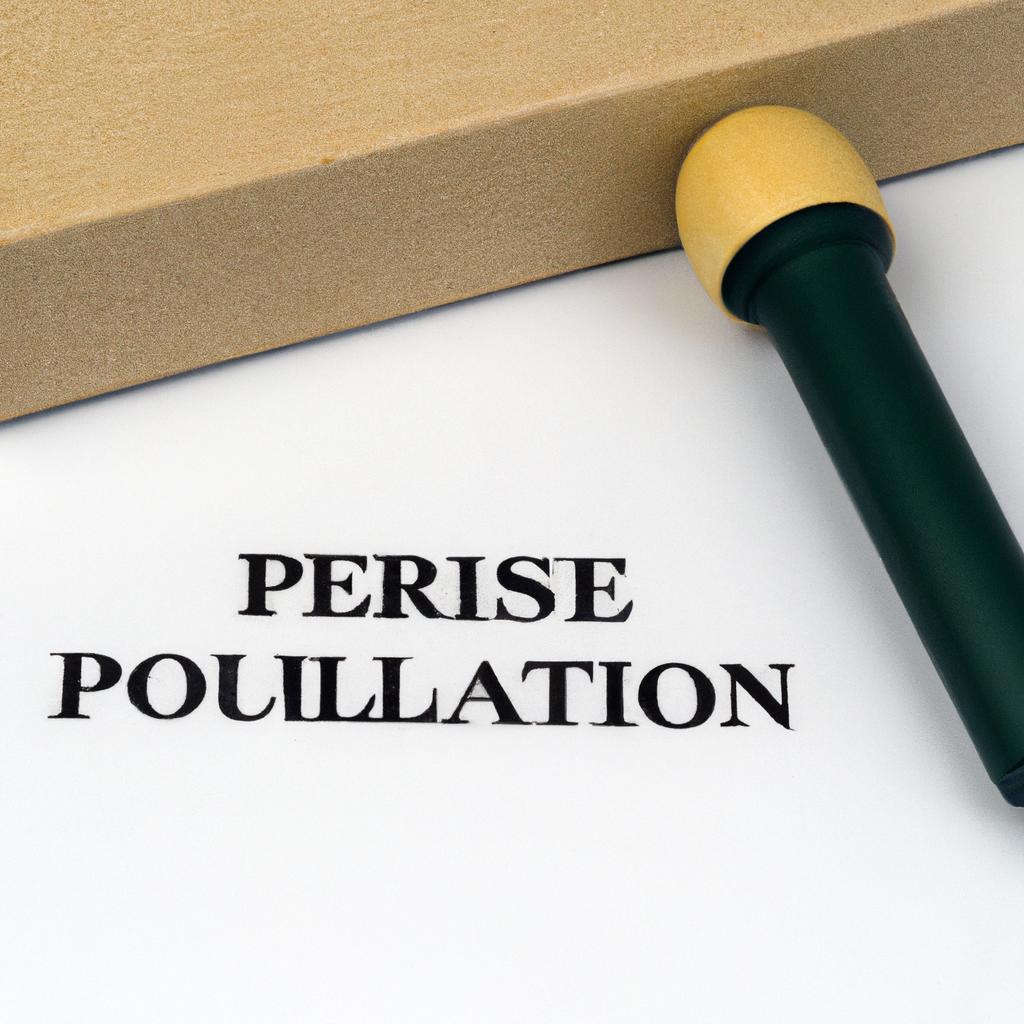In the intricate tapestry of probate proceedings, the delicate matter of distributing personal possessions and sentimental items holds a unique significance. As seasoned practitioners in the realm of estate planning and probate, the team at Morgan Legal Group, situated in the bustling metropolis of New York City, is well-versed in navigating the complexities of transfering cherished belongings amidst the legal framework of probate. Join us as we delve into the nuanced process of divvying up personal possessions and sentimental items in probate, shedding light on the subtle intricacies and considerations that accompany this delicate task.
Determining the Distribution of Personal Possessions in Probate
When it comes to , many factors come into play. Personal possessions and sentimental items hold a special place in the hearts of family members, making the distribution process a delicate matter. In probate, these items are typically distributed according to the individual’s Last Will and Testament, if one exists. If there is no Will, state laws will dictate how these possessions are distributed among heirs.
It is important to note that personal possessions and sentimental items are often valued more for their emotional significance rather than their monetary value. As such, disputes over these items can arise among family members during the probate process. Utilizing the services of a skilled estate planning attorney can help facilitate the distribution process and ensure that personal possessions are distributed in a fair and equitable manner. Through mediation and negotiation, an experienced attorney can help families navigate the emotional complexities of distributing personal possessions in probate.

Navigating the Complexity of Sentimental Items Allocation
When it comes to the allocation of personal possessions and sentimental items in probate, the process can be emotionally charged and complex. In many cases, these items hold significant sentimental value to family members, making it crucial to handle their distribution with care and sensitivity.
<p>**Navigating the distribution of sentimental items requires a thorough understanding of probate laws and estate planning strategies.** It is essential to consider the wishes of the deceased, family dynamics, and the sentimental value attached to each item. Working with an experienced estate planning attorney can help ensure a fair and amicable distribution process.</p>
Strategies for Efficient and Fair Distribution of Assets in Probate
When it comes to personal possessions and sentimental items in probate, it is crucial to handle the distribution with care and sensitivity. These items often hold great emotional value for the heirs, making the process more complex than distributing financial assets. One effective strategy is to encourage open communication among family members to help identify the sentimental significance of each item. This approach can help avoid misunderstandings and conflicts down the line.
Another strategy is to create a detailed inventory of personal possessions and sentimental items, along with any documentation that may clarify their intended recipients. This can help ensure a fair and organized distribution process. In some cases, the decedent may have left specific instructions regarding these items in their Will or a separate letter of wishes. It is important to adhere to these instructions as closely as possible to honor the decedent’s wishes and prevent disputes among beneficiaries.

Ensuring Compliance with Legal Requirements in Estate Distribution
In probate, distributing personal possessions and sentimental items can be a complex and emotional process. It is important to ensure that the distribution of these items aligns with the legal requirements set forth in the estate plan. Personal possessions such as jewelry, artwork, furniture, and family heirlooms hold significant sentimental value to the beneficiaries, making it crucial to handle their distribution with care and sensitivity.
When distributing personal possessions and sentimental items in probate, it is essential to:
- Refer to the decedent’s Will or estate plan: The Will or estate plan will outline how personal possessions and sentimental items should be distributed among beneficiaries.
- Appraise valuable items: Valuable items such as jewelry or artwork may require appraisal to determine their monetary value for equitable distribution among beneficiaries.
- Consider sentimental value: While monetary value is important, sentimental value should also be taken into account when distributing personal possessions to ensure fairness and emotional well-being among beneficiaries.
Q&A
Q: What happens to personal possessions and sentimental items during the probate process?
A: During probate, personal possessions and sentimental items are typically distributed according to the deceased individual’s will.
Q: What if there is no will left behind to dictate the distribution of personal possessions?
A: In the absence of a will, personal possessions and sentimental items are distributed according to state laws of intestacy, which usually prioritize immediate family members.
Q: Can family members contest the distribution of personal possessions and sentimental items during probate?
A: Yes, family members can contest the distribution of personal possessions and sentimental items during probate if they believe the division is unfair or does not accurately represent the wishes of the deceased.
Q: How are disputes over personal possessions and sentimental items resolved in probate?
A: Disputes over personal possessions and sentimental items in probate are typically resolved through mediation, negotiation, or, as a last resort, litigation in court.
Q: What are some common challenges faced when distributing personal possessions and sentimental items during probate?
A: Some common challenges include disagreements among family members, unclear instructions in the will, and emotional attachments to certain items that can lead to conflicts during the distribution process.
Future Outlook
In conclusion, navigating the distribution of personal possessions and sentimental items in probate can be a complex and emotional process. It is important to handle these matters with care and respect, considering the wishes of the deceased and communicating openly with all interested parties. By approaching the division of assets thoughtfully and fairly, we can honor the memories and legacies of our loved ones while finding closure and peace in the probate process.





